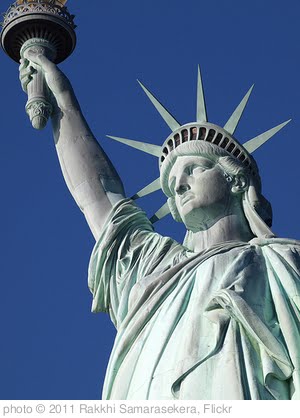"I will call them my people, who were not my people. And her beloved, who was not beloved." (Romans 9:25 referencing Hosea 2:23)
Estranged, alienated, and removed; anyone living in an industrialized modern society in the 21st century would be able to define, or at least identify the sentiments of these words. Our time is one of mass communication and instantaneous access to knowledge. And yet our lives are too compartmentalized, increasingly divided, and our society reflects this. Indeed the existential writers of yesteryear were correct in diagnosing the iron cage that would befall us, ultimately leading to an eclipse of reason.
A pioneering American sociologist, W. E. B. Du Bois, at the turn of the twentieth century correctly concluded the "tragedy of our age":
not that [humans] are poor, -- all know something of poverty;
not that [humans] are wicked, -- who is good?
not that [humans] are ignorant, -- what is Truth?
Nay, the fundamental problem remains:
That [humans] know so little of [humanity].
I would posit that no other group feels this marginalization and removal from society more than the recent undocumented immigrants, the so called "illegals." And yet we must remind ourselves of Stockey Carmichael's ever harrowing words describing the artificial construction and implementation of racism. Carmichael intuited that discriminatory laws mostly affected the whites who benefited from them, for no black person ever had to be told that they were inherently inferior. No, the laws had to be developed to facilitate those empowered to legally dehumanize the disenfranchised blacks. Looking at today, one must question what type of society would find it necessary to ostracize and scapegoat its most vulnerable, yet dogged and determined, working class. One must question what genesis of fear, preoccupation with wealth, and deficit of empathy would require the systematic oppression of the most vulnerable.
To be sure, the enforcement of inequality is nothing new to humanity -- history can attest to this. What perhaps is most heartbreaking is that we in the 21st century have been presented with the chance to end poverty, hunger, and inequality, and have chosen to do otherwise. And yet, the dreamers must still dream, the idealist must hold fast to their callings for a better world. We cannot give into nihilism, not until the world as it is -- is reconciled with what it should be. Humanitarianism persists in spite of and because of injustice.
Of course no one ever said this work is easy. Empathy and passion both share the same Greek root,pathos, which means suffering. And how hard is it to empathize with a stranger, how hard is to incarnate the pain of others, make real and present the oppression of a foreigner. And yet how beautiful it is! How majestic and divine.
I, as a Christian, have Christ as an example. God the omnipotent, omniscient & omnipresent became, as Isaiah describes, a man of sorrows, well acquainted with infirmity, taking upon himself the iniquities of us all. The tragedy of the gospel is not that God became human only to be murdered by his creation, but that we continue to do so. As long as we fail to see Christ in each other, to neglect the spark of divinity in our neighbor we ignore Christ's passion and sacrifice.
And yet we have within us the power to change. We can become co-creators of our destiny, we can choose, like St. Paul, "to be all things to all people;" exclaim like David that we are all strangers and sojourners as were all our fathers. Ultimately we should strive towards that day when God's kingdom comes here on Earth. And until that day comes let us join our voices to that beautiful song of praise and comfort:
Stony the road we trod,
Bitter the chast'ning rod,
Felt in the days when hope unborn had died;
Yet with a steady beat,
Have not our weary feet
Come to the place for which our fathers sighed?
We have come over a way that with tears has been watered,
We have come, treading our path through the blood of the slaughtered,
Out from the gloomy past,
'Til now we stand at last
Where the white gleam of our bright star is cast.(Lift Every Voice and Sing, James Weldon Johnson, 1900)
The writer works for the Cincinnati Faith & Justice. He is a DREAMer and enjoys painting, poetry, and prayer.
Got something to say about what you're reading? We value your feedback!
